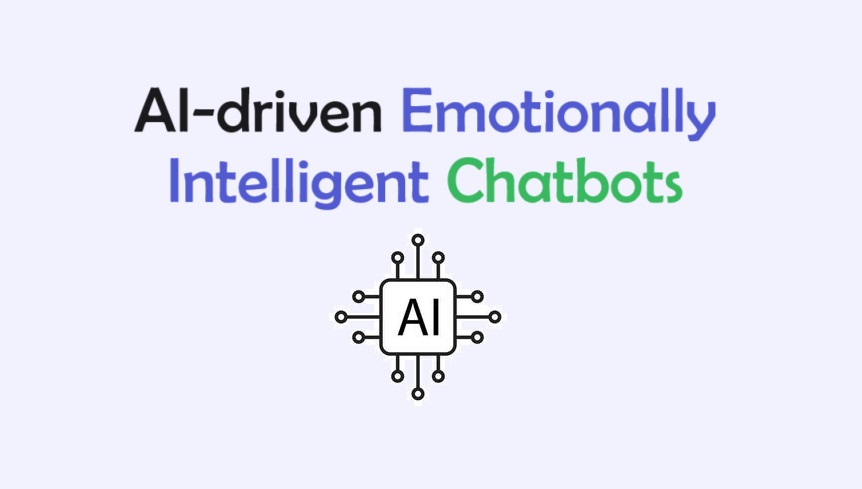Introduction
Chatbots have come a long way since their inception. Initially, they were simple programs designed to provide automated responses based on predefined rules. However, with advancements in artificial intelligence (AI), chatbots have evolved into emotionally intelligent entities capable of understanding and responding to human emotions. This has opened up a world of possibilities for enhancing user experiences and improving customer interactions.
The Evolution of Chatbots: The Rise of Emotionally Intelligent AI
The early days of chatbots were characterized by scripted responses and limited capabilities. They were primarily used for basic customer support and information retrieval. However, as AI technologies progressed, chatbots became more sophisticated. Natural Language Processing (NLP) and Machine Learning (ML) algorithms enabled them to understand and interpret human language, leading to more meaningful interactions. Emotionally intelligent chatbots take this a step further by incorporating sentiment analysis and emotional recognition algorithms. These AI-driven systems can now detect and understand human emotions, allowing them to respond in a more empathetic and personalized manner. This ability to recognize and adapt to emotions is what sets emotionally intelligent chatbots apart from their predecessors.
Benefits for Users
The integration of emotional intelligence into chatbots brings several benefits for users. Firstly, emotionally intelligent chatbots can provide a more personalized and human-like interaction. By understanding the user’s emotions, these chatbots can tailor their responses accordingly, providing empathy and support when needed. Secondly, emotionally intelligent chatbots can assist in mental health support. They can detect signs of distress or anxiety in users’ conversations and offer appropriate resources or referrals. This can be particularly helpful for individuals who may be hesitant to seek help from a human therapist. Furthermore, emotionally intelligent chatbots can enhance customer service experiences. They can detect frustration or dissatisfaction in customers and take proactive measures to address their concerns, improving overall customer satisfaction and loyalty.
Challenges and Considerations
While emotionally intelligent chatbots offer numerous advantages, there are also challenges and considerations to be mindful of. One major challenge is ensuring the accuracy of emotion detection algorithms. Emotions can be complex and subjective, making it difficult for chatbots to accurately interpret them. Continuous improvement and training of these algorithms are necessary to enhance their accuracy. Another consideration is the ethical use of emotional data. Emotionally intelligent chatbots collect and analyze user emotions, raising concerns about privacy and data security. It is crucial to handle this data responsibly and transparently, ensuring that user privacy is protected.
Real-world Applications
Emotionally intelligent chatbots have found applications in various industries. In healthcare, they can provide mental health support, offer counseling, and assist in monitoring patients’ emotional well-being. In e-commerce, they can provide personalized product recommendations based on user preferences and emotions. In the banking sector, they can assist customers with financial planning and offer emotional support during stressful financial situations.
Future Outlook
The future of emotionally intelligent chatbots looks promising. As AI technologies continue to advance, chatbots will become even more adept at understanding and responding to human emotions. This will lead to more natural and engaging interactions, further blurring the line between human and AI communication. Additionally, emotionally intelligent chatbots may play a crucial role in addressing mental health challenges. With the growing demand for mental health support, chatbots can fill the gap by offering accessible and non-judgmental assistance.
Recommended: The Rise of Quantum Computing: Exploring the Basics and Revolutionary Potential
Conclusion
Emotionally intelligent chatbots represent a significant advancement in the field of AI-driven conversational agents. By understanding and responding to human emotions, these chatbots can provide personalized and empathetic interactions. While there are challenges to overcome, the benefits for users are substantial. As technology continues to evolve, emotionally intelligent chatbots have the potential to revolutionize various industries and improve the overall user experience.
You may also like:

